国际学生入学条件
Students should have minimum 2:1 degree (or equivalent for international students) in a sport or psychology related area. Related include but are not limited to, sociology, anthropology, social sciences, career coaching. Candidates with exceptional and extensive work experience in sport or psychology may also be considered (subject to the approval of the programme leader). We would normally expect you to have Grade C in GCSE English and Maths
展开
IDP—雅思考试联合主办方

雅思考试总分
6.5
- 雅思总分:6.5
- 托福网考总分:60
- 托福笔试总分:160
- 其他语言考试:Accepted Other English Language qualifications : Pearson PTE Academic, Trinity College London Integrated Skills in English, Cambridge IGCSE
CRICOS代码:
申请截止日期: 请与IDP联系 以获取详细信息。
课程简介
The psychology of sport is an ever-expanding area that looks to establish a way of enhancing athlete, player and other high-performing groups' outcomes. This is done through an evidence-based approach informed by research to allow practitioners to meet that aim.Our MSc puts you at the forefront of this process and immerses you in sport psychology in a supportive and challenging way. You begin by examining theory and research within sport psychology and then move on to looking at ways of applying that theory as a researcher and potential practitioner. You finish your degree with a period in the workplace assisting relevant groups with performance enhancement and researching a topic that will hopefully give you the chance to contribute to the body of literature within sport psychology and inform future practices.You will learn the theoretical underpinning of sport psychology practice before going on to consider how this is implemented, first in a classroom environment and then in a real sports setting. We look at current topics from a theoretical perspective and then look at how a sport psychologist may apply this within a real-world setting. All of the aspects covered within the theory module can be applied later. An example would be the importance of the coach-athlete relationship something that comes up time and again within the applied sport psychology world.We are investing in key areas beyond your studies including our career services, library and well-being, to be available both face-to-face on campus and online with many of these available 247. We have new, modern library facilities on both campuses offering inspirational environments for study and research. Libraries contain resources in print and digital formats, a range of study spaces and a dedicated librarian who can assist with your learning. Students are supported with any academic or subject-related queries by an academic advisor, or module leaders.You can choose to use the skill set that you develop within sport psychology in a number of ways. Some students have gone on to pursue external governing body recognition as sport psychologists while others have used the skills to enhance other career options, e.g. one former British student was a tennis coach who got a position at an NCAA D1 university as head coach immediately on graduation.
展开







 预科
预科 奖学金
奖学金 实习机会
实习机会 在校学习
在校学习 跨境学习
跨境学习 校园授课-线上开始
校园授课-线上开始 在线/远程学习
在线/远程学习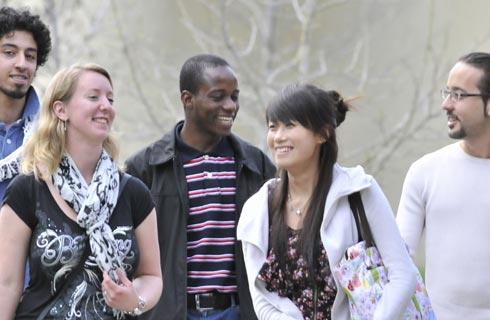



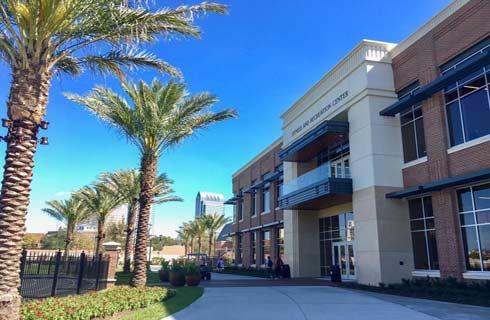



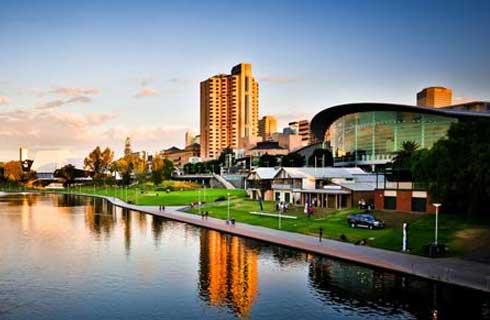

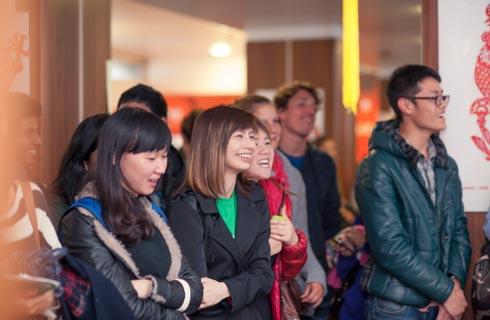

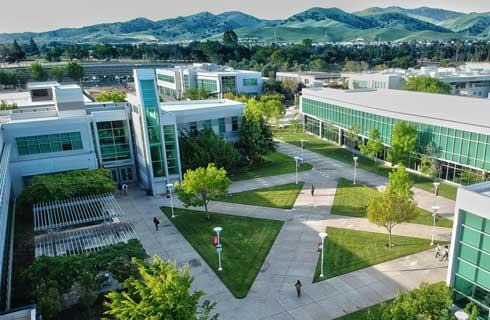
 堪培拉大学
堪培拉大学
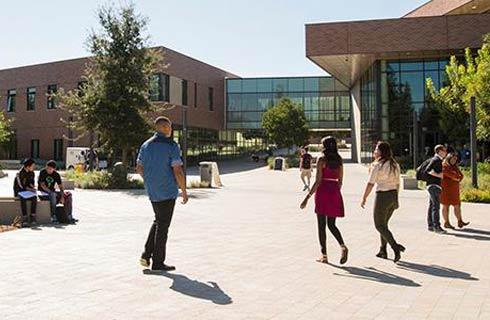
 堪培拉大学
堪培拉大学
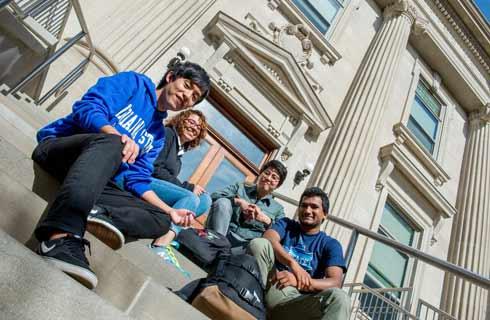
 皇家墨尔本理工大学
皇家墨尔本理工大学

 詹姆斯·库克大学
詹姆斯·库克大学

 中央昆士兰大学
中央昆士兰大学
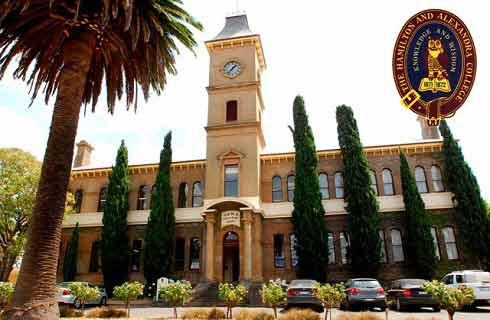
 澳大利亚体育教育学院
澳大利亚体育教育学院










